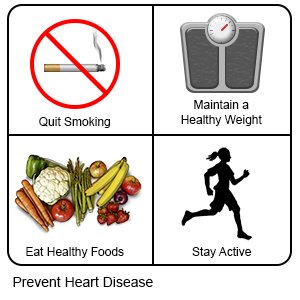Transthoracic Echocardiogram
Medically reviewed by Drugs.com. Last updated on Aug 4, 2025.
A transthoracic echocardiogram (TTE) is a procedure used to check for problems with your heart. It will also show any problems in the blood vessels near your heart. Sound waves are sent through a handheld device placed on your chest. The sound waves show the structure and function of your heart through pictures on a monitor.
DISCHARGE INSTRUCTIONS:
Call your local emergency number (911 in the US) if:
- You have any of the following signs of a heart attack:
- Squeezing, pressure, or pain in your chest
- You may also have any of the following:
- Discomfort or pain in your back, neck, jaw, stomach, or arm
- Shortness of breath
- Nausea or vomiting
- Lightheadedness or a sudden cold sweat
- You have chest pain or trouble breathing that is getting worse over time.
Related medications
Call your doctor or cardiologist if:
- You have questions or concerns about your procedure, treatment, or care.
What you can do to keep your heart healthy:
- Eat heart-healthy foods. Eat whole grains, fruits, and vegetables every day. Limit salt and high-fat foods. Ask your healthcare provider for more information on a heart-healthy diet.
- Exercise as directed. Your healthcare provider may suggest an exercise program to help improve your heart health. It is best to start slowly, and do more as you get stronger. Do not start an exercise program without talking with your healthcare provider.
- Maintain a healthy weight. Keep a healthy weight so your heart does not have to work so hard. Ask what weight is healthy for you. Your healthcare provider can help you create a safe weight-loss plan, if needed.
- Manage your medical conditions. High blood pressure, high cholesterol, and diabetes can lead to heart problems. Work with your healthcare provider to manage your medical conditions and decrease your risk for heart problems.
- Do not smoke. Nicotine and other chemicals in cigarettes and cigars can cause lung damage. Ask your healthcare provider for information if you currently smoke and need help to quit. E-cigarettes or smokeless tobacco still contain nicotine. Talk to your healthcare provider before you use these products.

Follow up with your doctor or cardiologist as directed:
Write down your questions so you remember to ask them during your visits.
© Copyright Merative 2025 Information is for End User's use only and may not be sold, redistributed or otherwise used for commercial purposes.
The above information is an educational aid only. It is not intended as medical advice for individual conditions or treatments. Talk to your doctor, nurse or pharmacist before following any medical regimen to see if it is safe and effective for you.
Further information
Always consult your healthcare provider to ensure the information displayed on this page applies to your personal circumstances.
